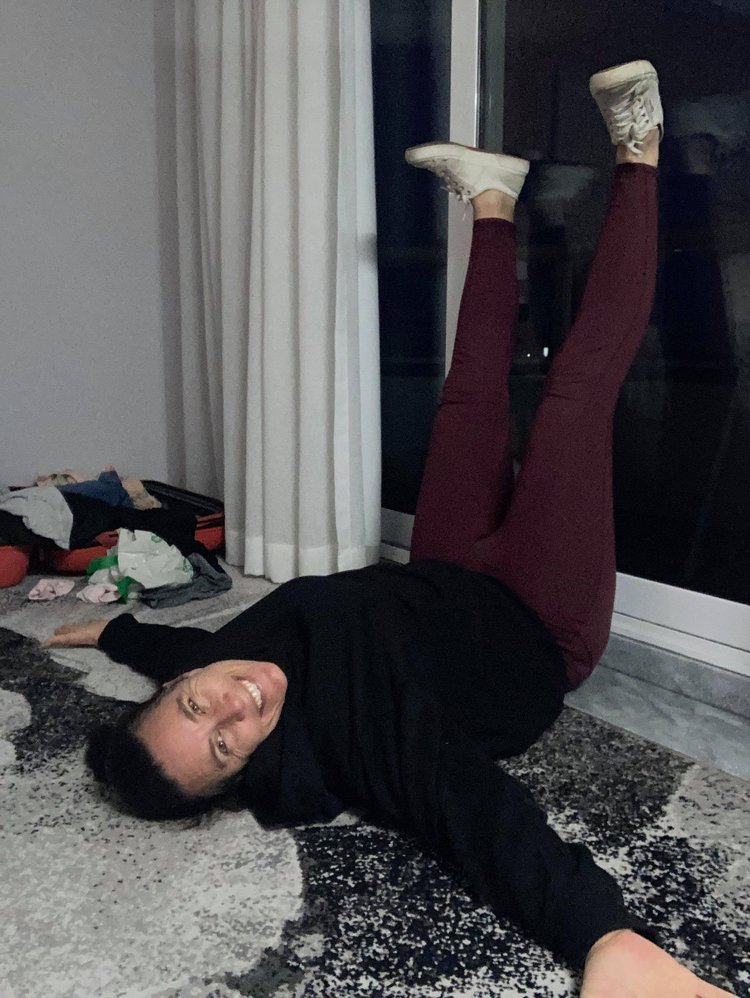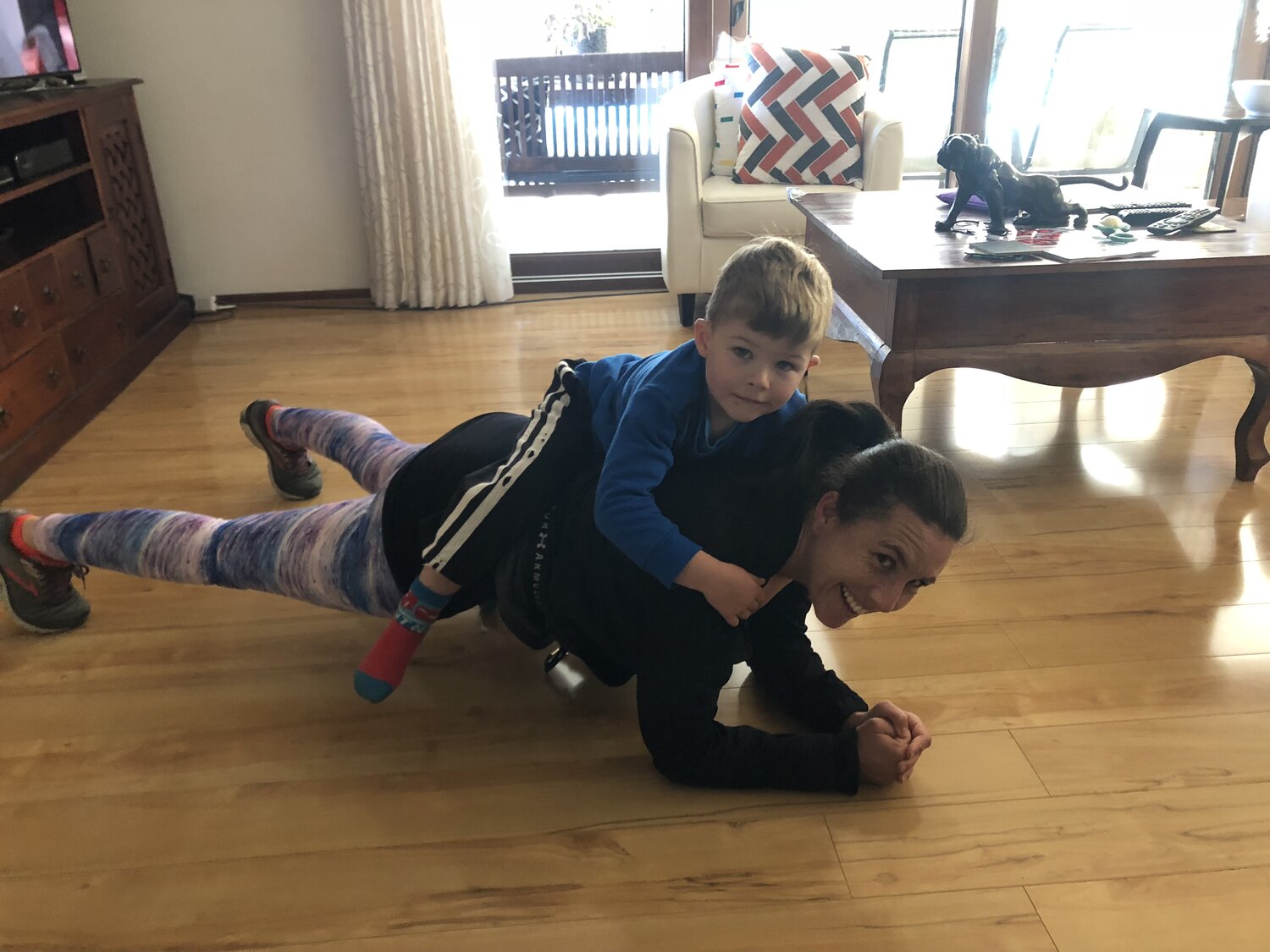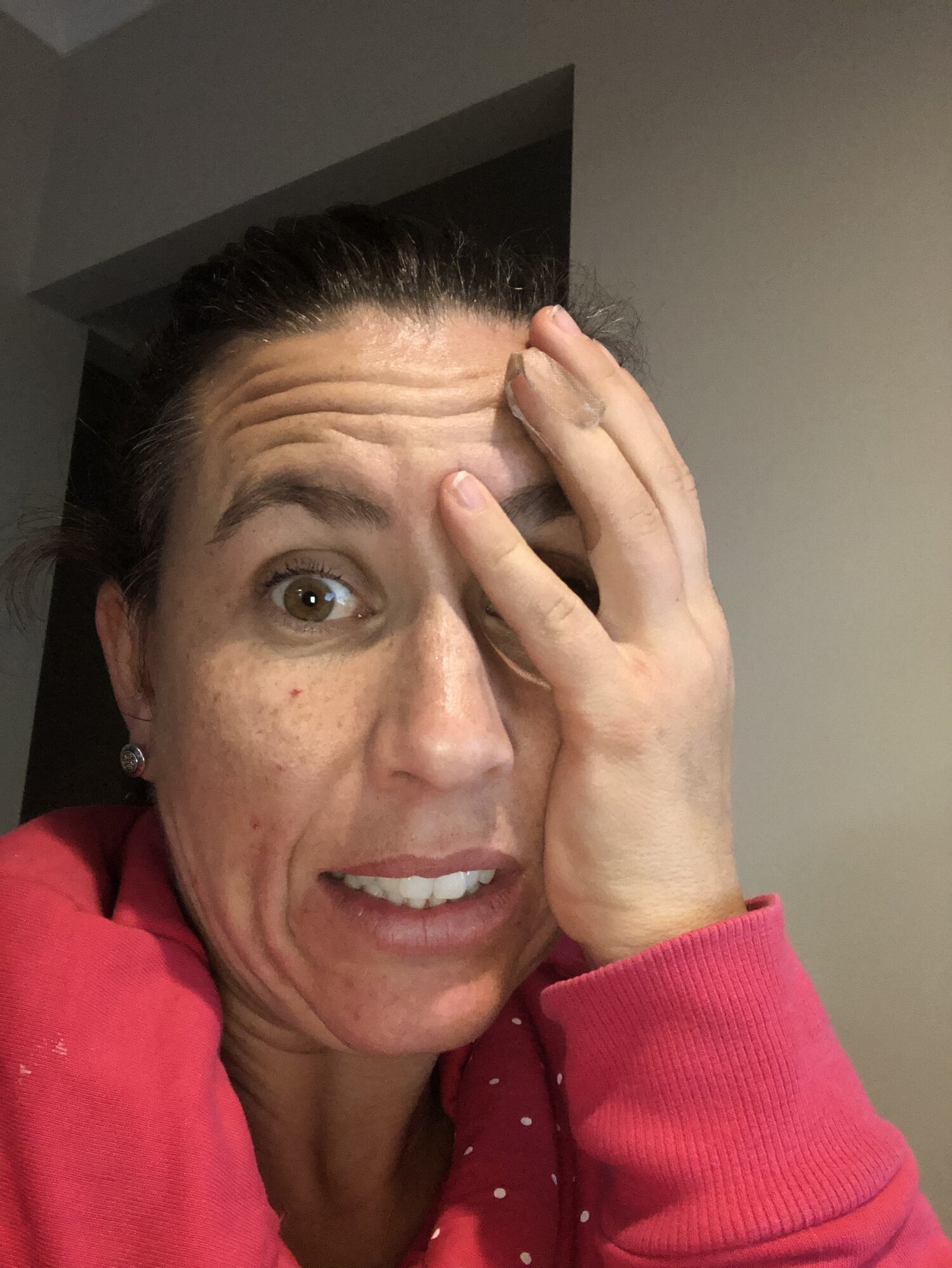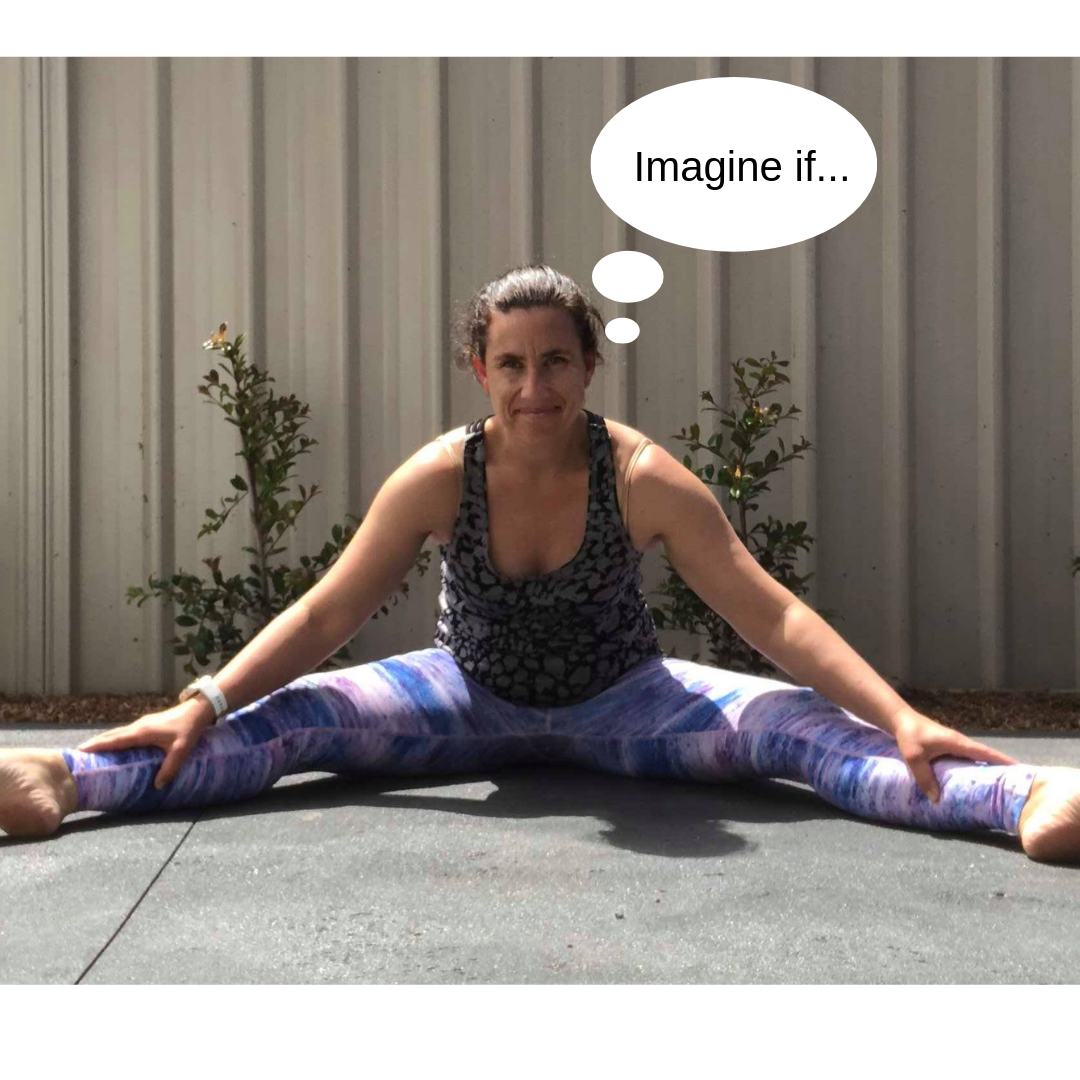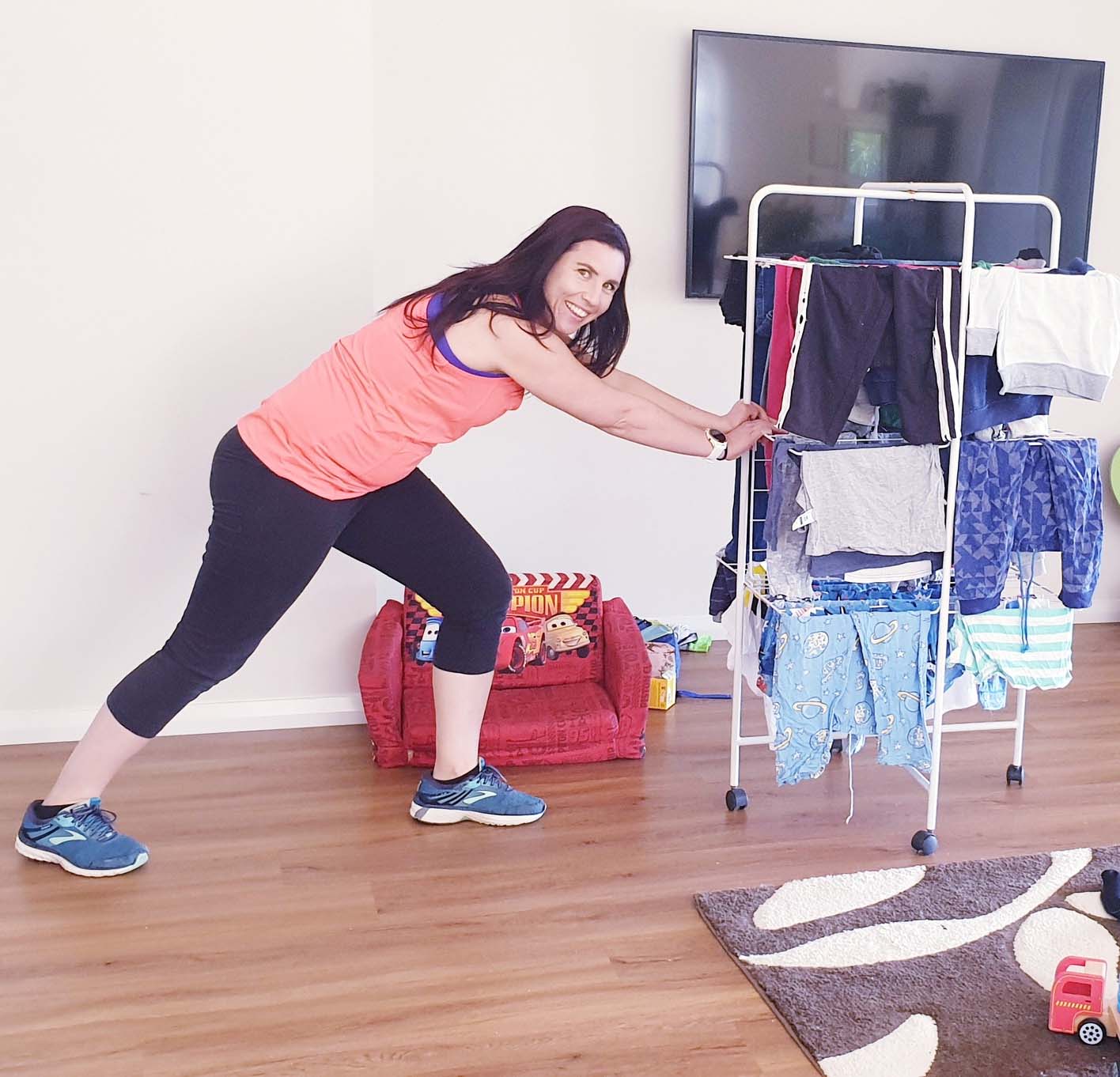As a busy woman, it’s easy to put sleep on the backburner because you have so much to do. As a mum, a good night sleep seems like an impossible dream!
But for me, a good night of sleep is not a luxury – it’s a necessity. When we are exhausted, everything in life feels more difficult. If you are tired, you can’t show up as the best mum, the best partner, the best friend or the best you.
That’s why I thought I’d share some information about why you want to prioritise sleep, and how to get a good rest.

Why do we need sleep?
There are a million reasons why, but I’ll start with the biggest. Getting good sleep:
-
Gives the body time to rest, repair and reset itself. Cellular repairs takes place during sleep, including skin cells and cells that make up our muscles.
-
Improves memory and cognition
-
Supports immune function. And I don’t just mean coughs and colds. Sleep plays a role in cancer prevention and prevention of autoimmune diseases such as multiple sclerosis, lupus and coeliac disease.
-
Improves mood, enhances physical and emotional resilience, increases physical endurance and better hormonal function
-
Supports your digestive system, your sex hormone balance, your mood, your skin and even your thyroid function
-
Protects against emotional eating, poor eating decisions and even type 2 diabetes
As you can see, sleep is about more than just supporting energy levels.

Why is it so hard to get a good night of sleep?
It’s all well and good to tell you to sleep better. But there are many things that can prevent you from getting the good restorative sleep you need to thrive.
Some of the most common issues I see clients struggle with include:
-
Too much caffeine and/or consuming it late in the day. Caffeine stimulates the nervous system, preventing deep sleep.
-
Alcohol consumption. Alcohol effects rapid eye movement (REM) sleep, which is the cycle of sleep that is when your body undertakes the critical repair work.
-
Emotions and elevated stress levels
-
Exposure to bright lights after sunset. Technology such as mobile phones, tablets, laptops, TV and even bright lights in the house can interfere with the production of melatonin, the main brain chemical responsible for sleep.
-
Broken sleep due to babies and younger children. Unfortunately, this is not one that is easy to fix!

Simple sleep tips for a good night’s rest
Want to make some small changes that add up to better quality sleep? Here are a few to get you started.
Time your caffeine right
Don’t get me wrong. You can enjoy caffeine in moderation. But the half-life of caffeine – how long it takes to eliminate half of the caffeine – is around 5 hours. So if you have a double-shot coffee at 3pm, you still have the equivalent of one shot of coffee in your system by 8pm.
Some people are more sensitive to caffeine than others. People who struggle to metabolise caffeine can still feel wired after 6 or even 12 hours. So if you’re struggling to get a good sleep, try keeping your coffee for the morning for a few weeks.

Minimise any bright light at night
If you’re exposed to bright light, your body thinks that it’s daytime, and so it won’t produce melatonin. When you go to lie down in the dark, it can take hours for your body to get the message that it’s time to sleep.
One simple change is to switch from overhead lights to lamps in the evening, and turn off any lights that aren’t necessary.
As hard as it is to put down your phone or bingeing on Netflix, these screens also give off light that is keeping you awake. That’s why it’s best to have a minimum of 30 minutes tech-free before bed.
Find a way to de-stress
Have you ever laid down for the night, only to have a million thoughts and to-do items rush through your mind? Of course you have!
Stress can be a real issue for all of us. But there are ways to manage that stress, depending on what makes you feel better.
There are dozens of ways to reduce stress naturally – it depends on what you prefer. Some ideas might be:
-
Talking with your partner about your day
-
Snuggling up with the kids and a bedtime story
-
Journalling
-
Meditation
-
Yoga
-
Sipping a cup of herbal tea
-
Having a warm shower
-
Going for a quick walk around the block
-
Read a chapter of a book
Want to save time, get clarity and clear direction on the best steps for your health journey?
The Busy Women’s monthly membership includes all this plus more. The membership moves you through my 5 pillars of health; Exercise Nutrition Sleep Stress Reduction Mindset.
Click here to be notified when doors open again for new members!

